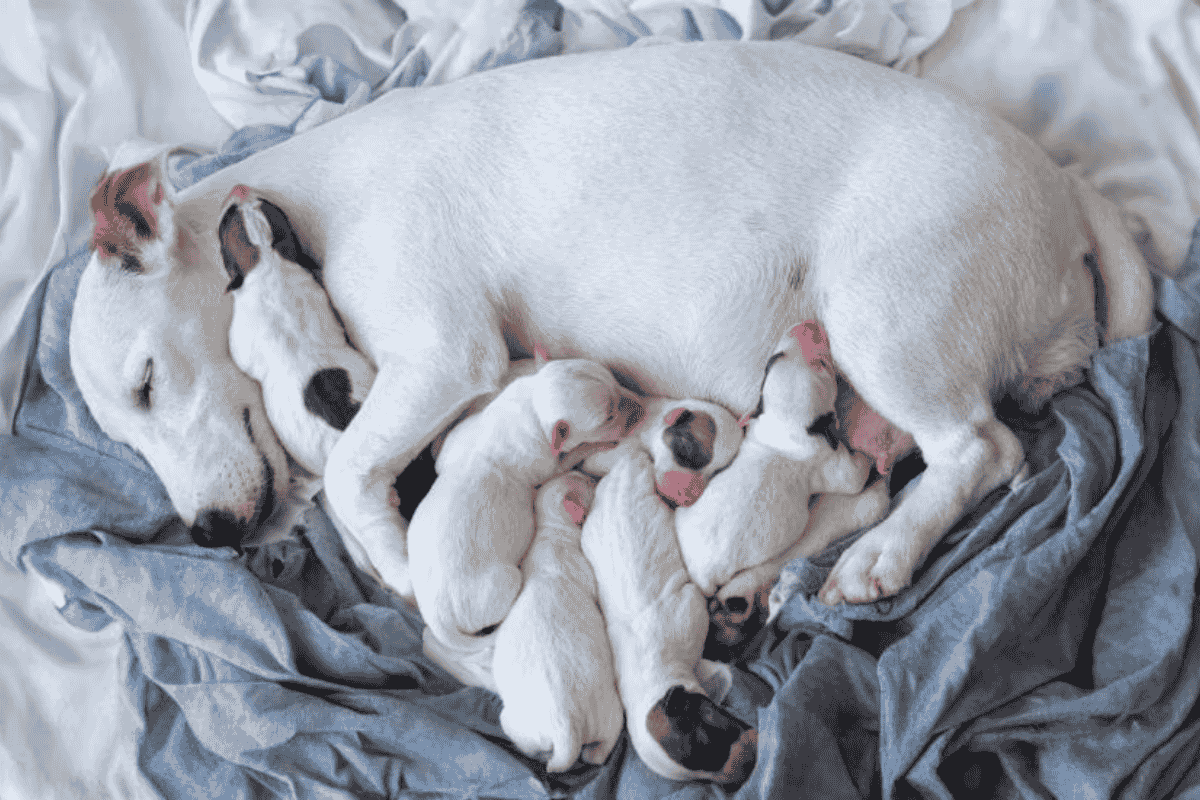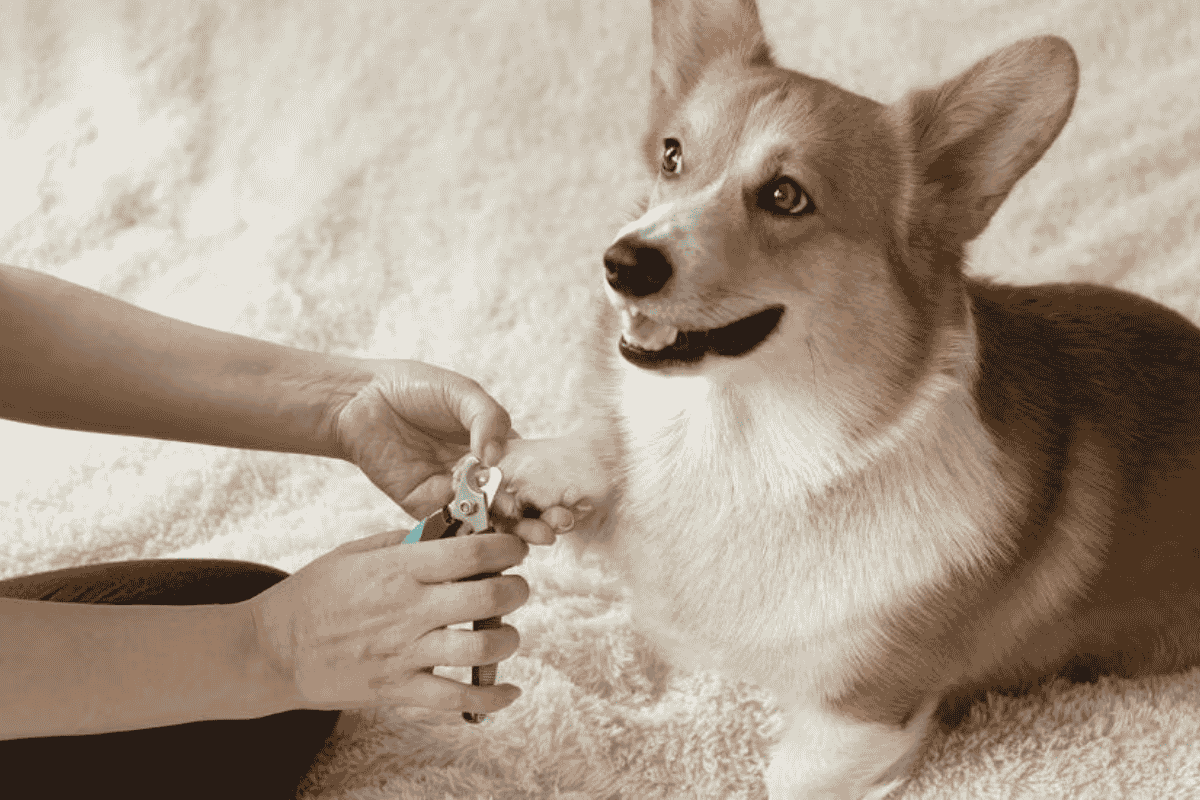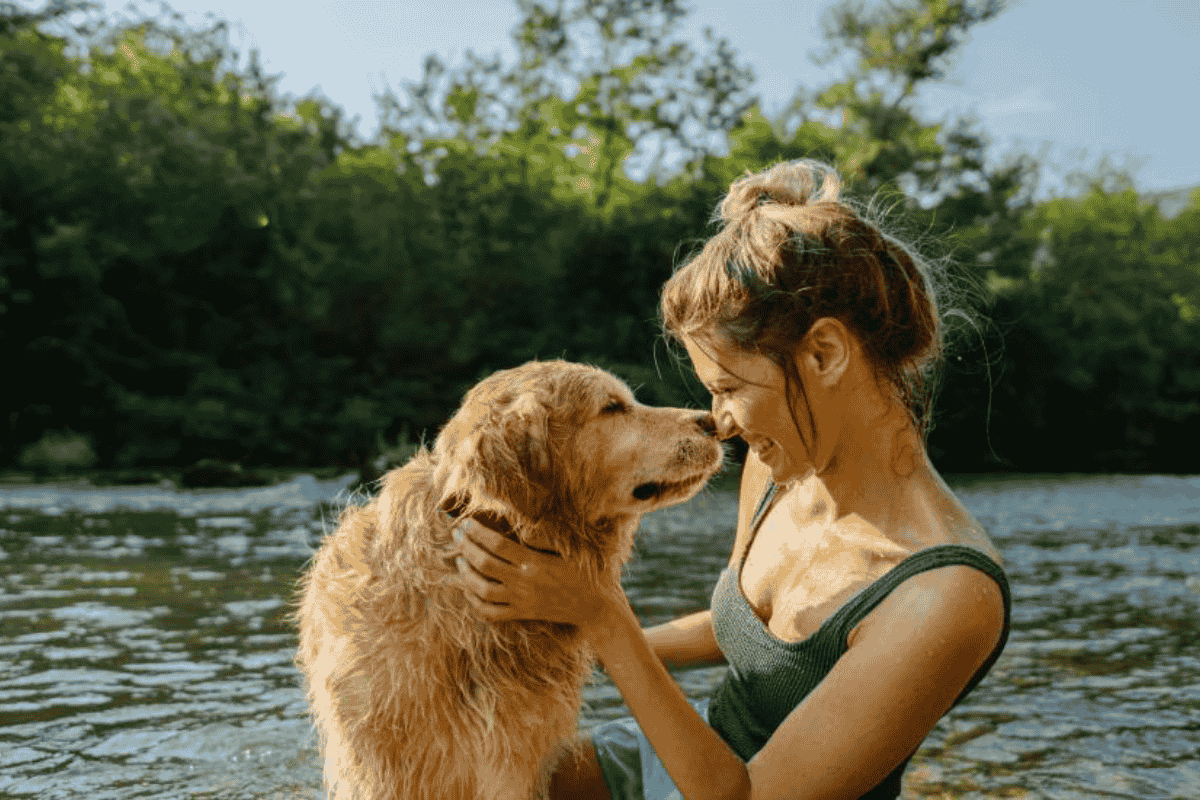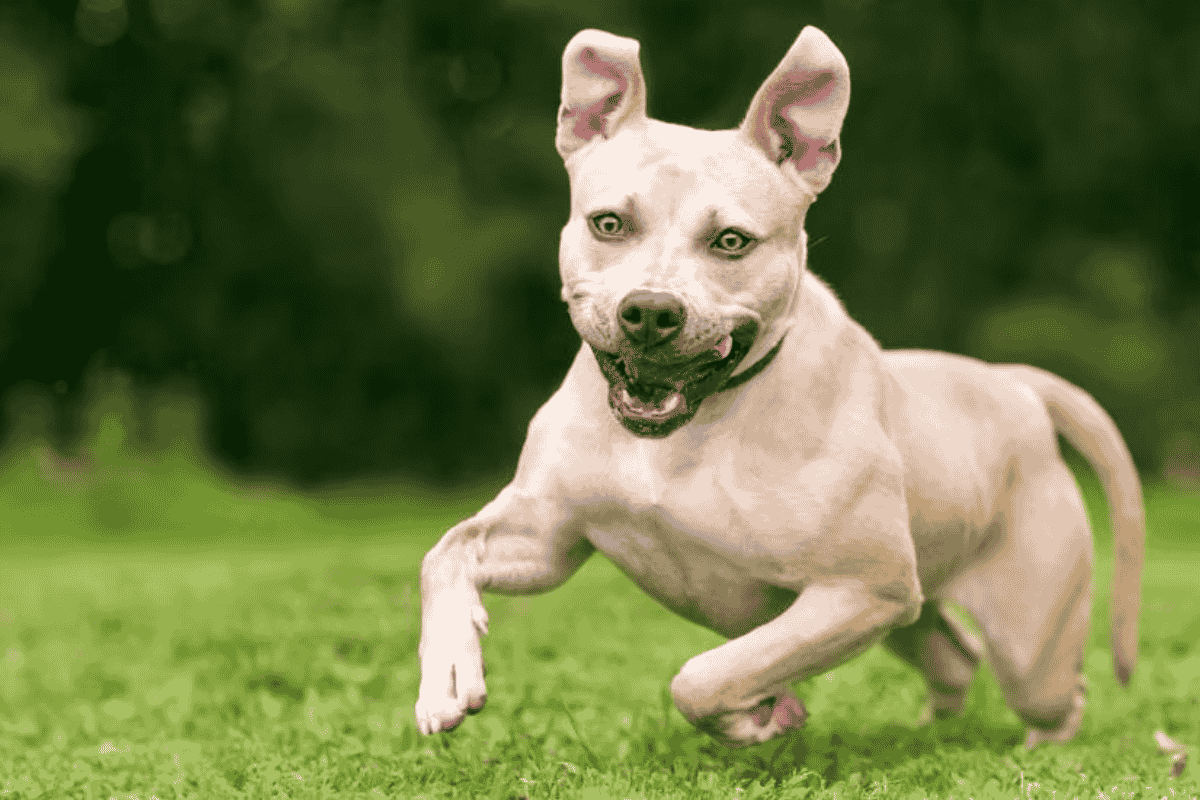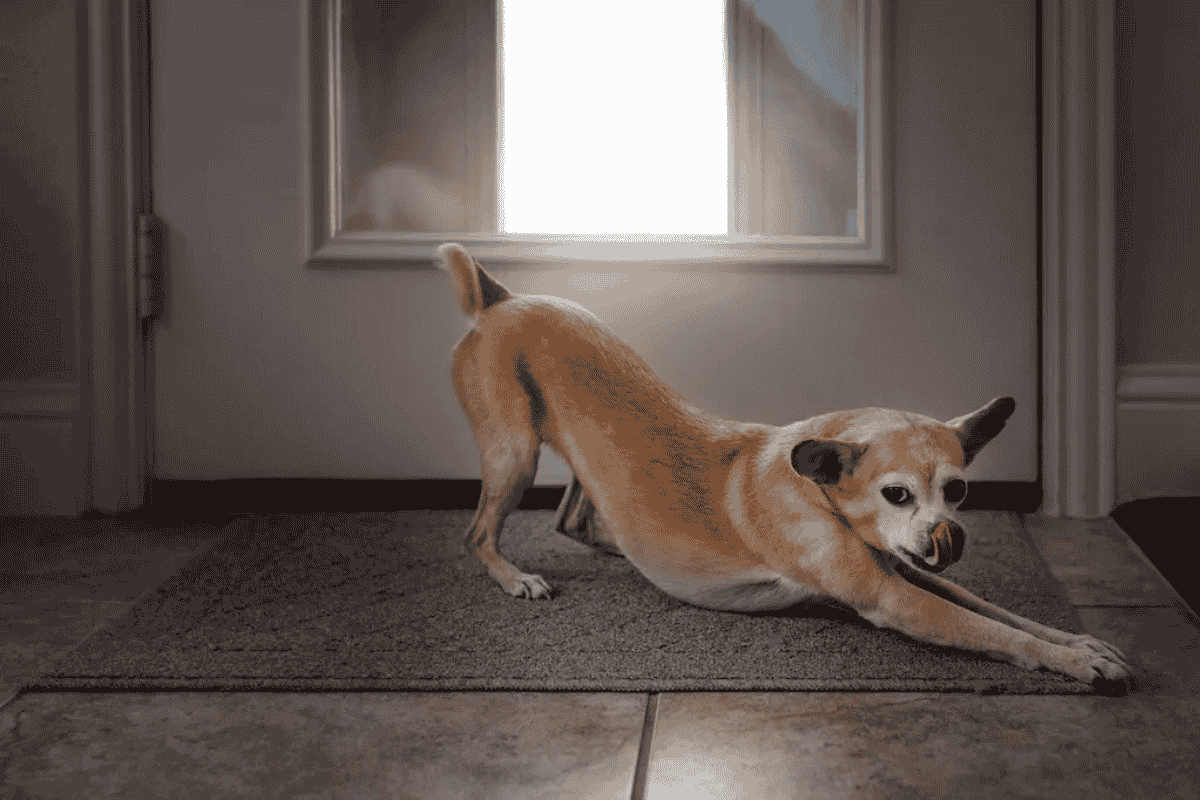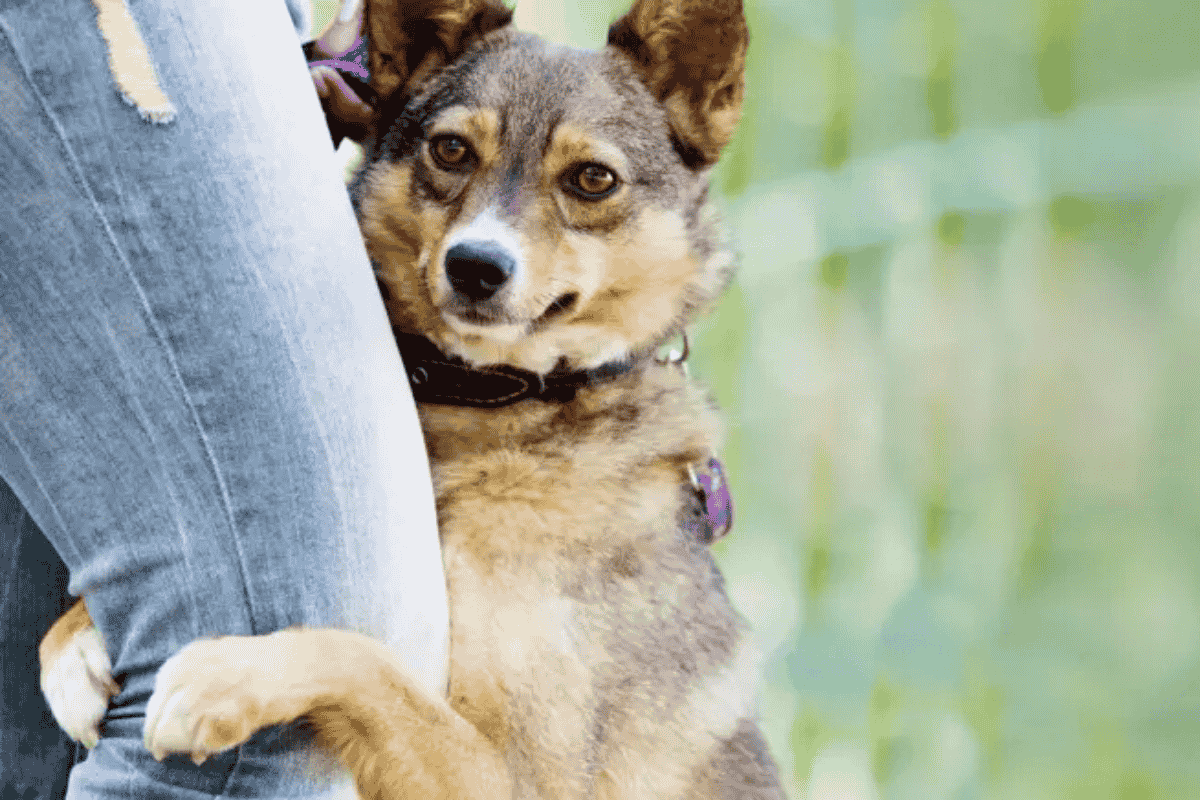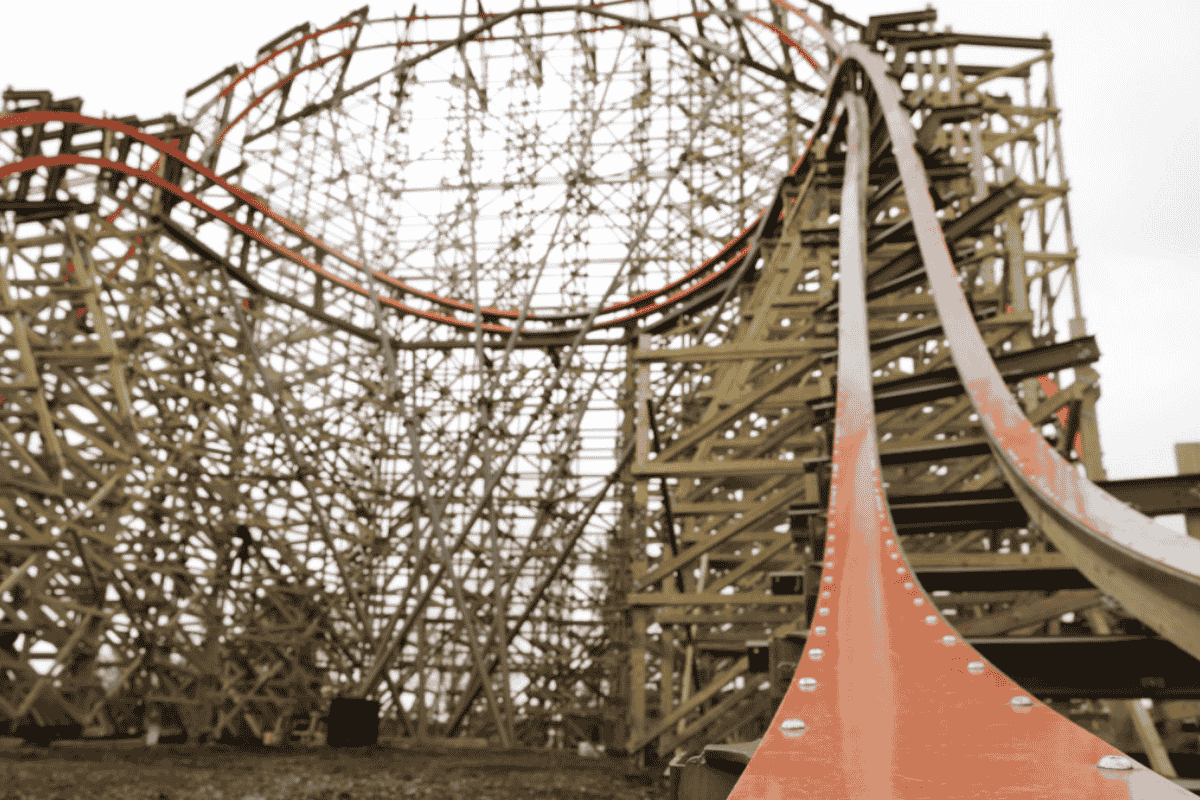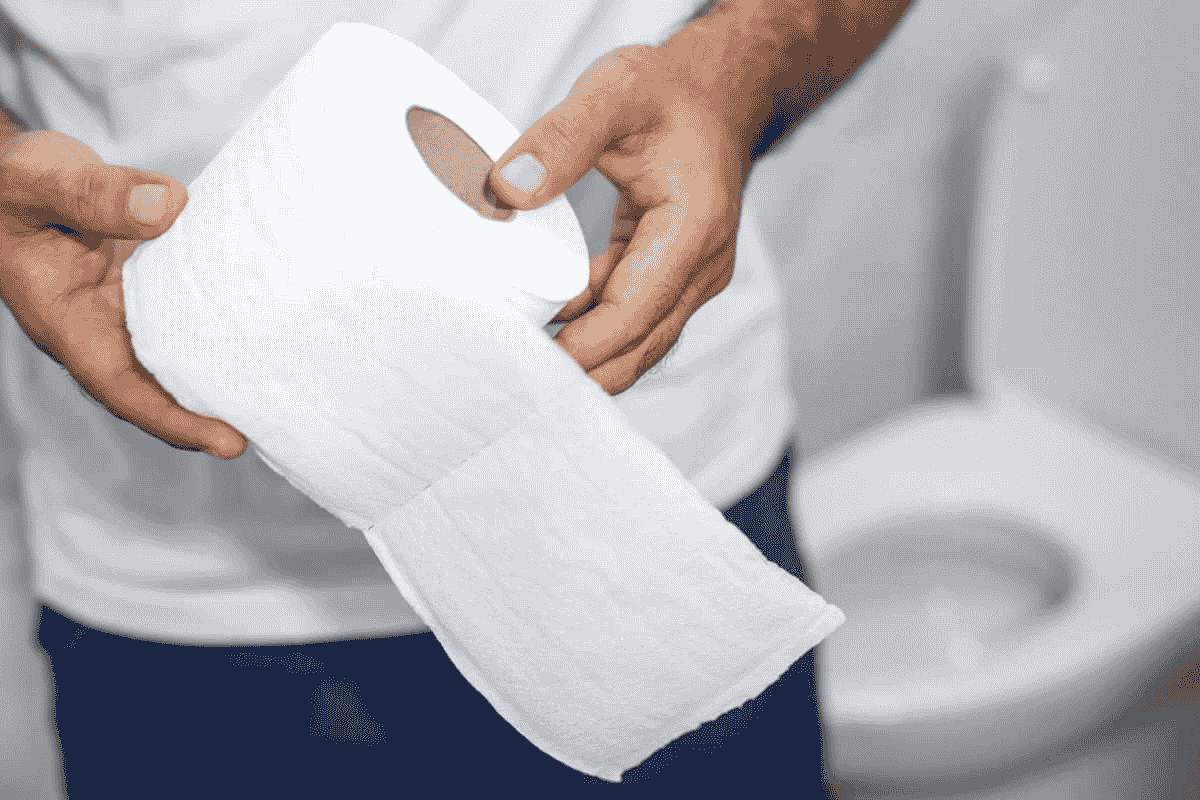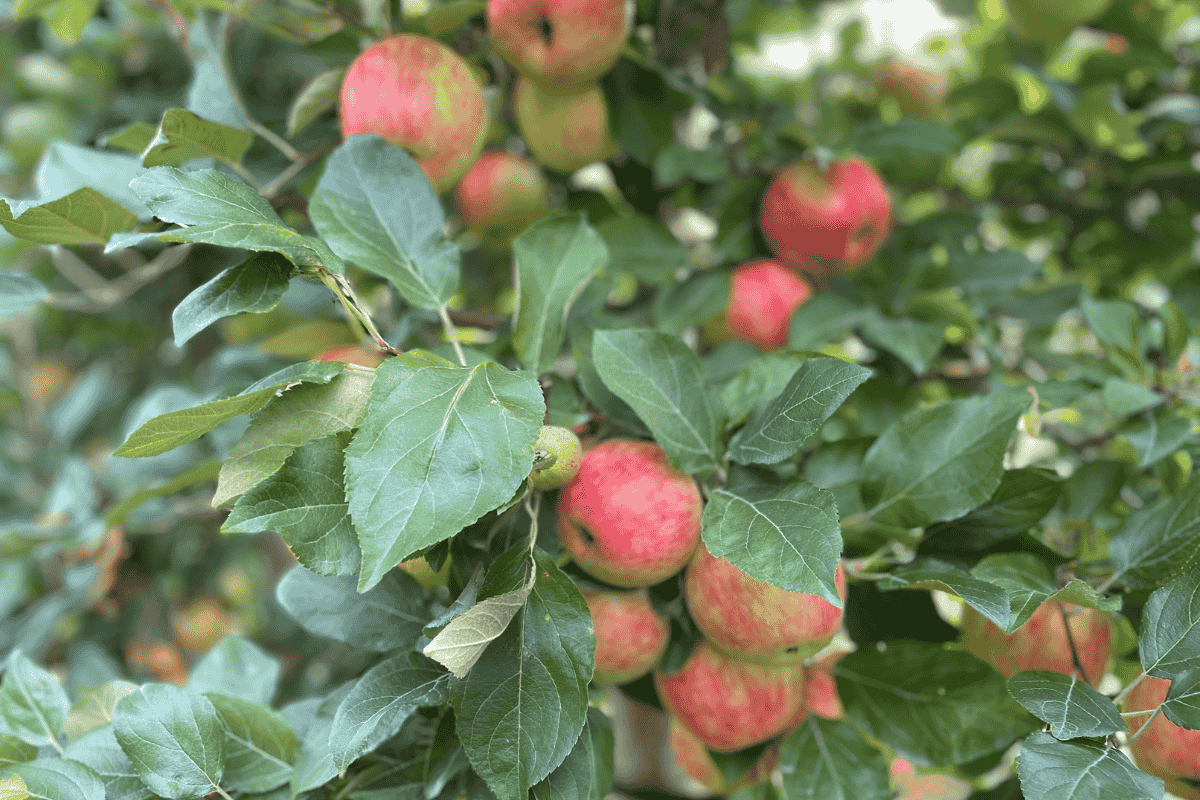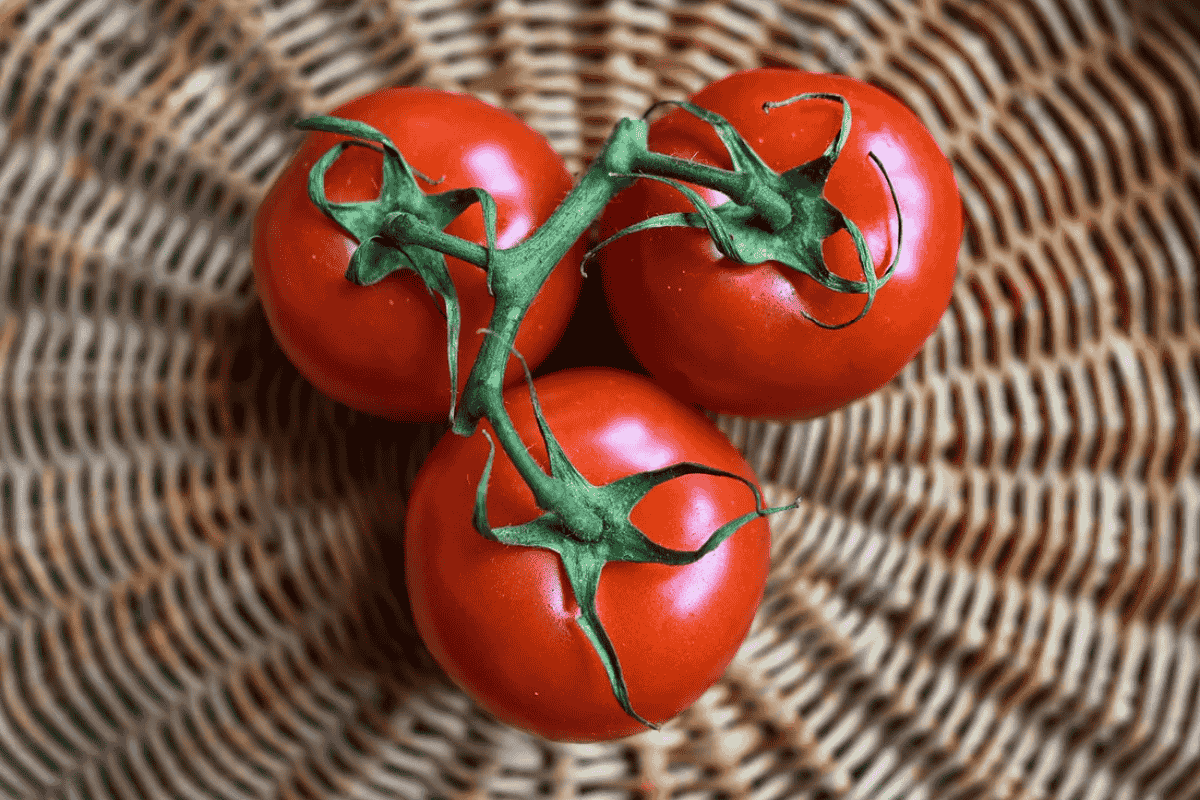House-trained dogs don’t typically poop indoors, so when accidents happen more frequently, it may signal an underlying issue. The cause could be medical, behavioral, or environmental. Understanding the reasons and taking the right steps can help you resolve the problem effectively.
Common Reasons Dogs Poop Indoors
Intestinal Parasites
Worms and other parasites can cause inflammation in the gastrointestinal tract, leading to diarrhea, mucus, or even blood in the stool. Dogs can contract parasites from parks, yards, or contact with other animals.
Food Intolerance or Allergy
Some dogs develop food sensitivities that cause loose stool, gas, or increased frequency of bowel movements. Common triggers include beef, chicken, wheat, dairy, and lamb.
Separation Anxiety
If your dog becomes distressed when left alone, they may soil the house as a result of stress. Signs include whining, pacing, destructive chewing, and pooping indoors shortly after you leave.
Noise Phobia or Outdoor Stressors
Loud noises (thunder, fireworks, traffic) or environmental stressors (predators, strangers, bikes) may cause fear that prevents a dog from going potty outside. They may hold it until they return indoors.
Distraction Outdoors
Some dogs spend more time sniffing and exploring than eliminating when outside. If they don’t get enough time or focus, accidents may happen once they’re back inside.
Change in Routine
Disruptions to a dog’s regular feeding, walking, or play schedule can lead to house-soiling. Dogs thrive on consistency, and sudden changes may cause setbacks.
Age-Related Issues
Senior dogs may develop canine cognitive dysfunction (dog dementia) or suffer from arthritis, which makes it harder to remember training or physically get outside.
Sudden Diet Changes
Abrupt food changes can upset the gut microbiome and cause diarrhea or loose stools. Trash ingestion or new treats can also trigger stomach upset.
How To Stop a Dog From Pooping in the House
Rule Out Medical Causes
Schedule a vet exam to test for parasites, allergies, or digestive disorders. Treatment may include dewormers, dietary changes, or probiotics like FortiFlora or Proviable.
Address Anxiety and Stress
Work with a trainer or behaviorist on separation anxiety and noise sensitivity. Tools like pheromone diffusers, calming supplements, or Thundershirts may help reduce stress.
Support Senior Dogs
If aging is a factor, your vet may suggest medications, joint supplements, or diets to help with cognitive decline and arthritis pain.
Keep Potty Time on Task
Take your dog outside immediately after long indoor periods. Avoid distractions by reinforcing successful potty trips with treats and praise before playtime.
Transition Diets Gradually
When changing food, mix old and new food slowly over 7–10 days to avoid gastrointestinal upset. Probiotics can support digestion during the transition.
Clean Accidents Properly
Use enzymatic cleaners to fully eliminate odors. This prevents dogs from being drawn back to the same spot for future accidents.
Frequent accidents in a house-trained dog are not normal and often indicate a health, stress, or routine-related problem.
The key is to remain patient, avoid punishment, and focus on finding the root cause. With veterinary guidance, consistency, and proper support, most dogs can return to good potty habits.

